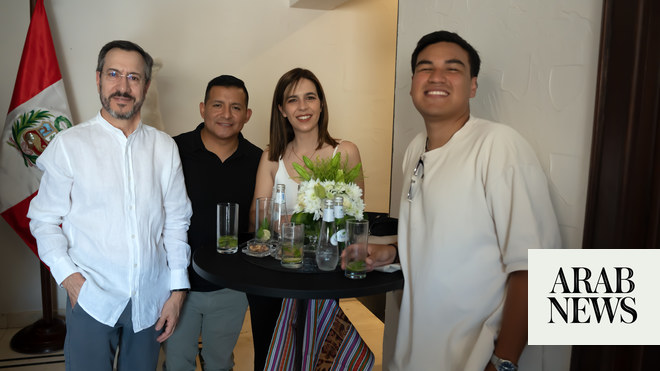JEDDAH/RIYADH: The Saudi Artisanal Company is playing a central role in the development of Saudi Arabia’s flourishing handicrafts sector — a reminder of the Kingdom’s rich heritage and commitment to honoring its traditions.
According to the company’s acting CEO, Ibrahim Al-Dulaijan, the SAC is “leveraging the country’s cultural wealth to empower Saudi artisans, build sustainable partnerships, and deliver Saudi-crafted goods that are an integral part of the nation’s legacy.
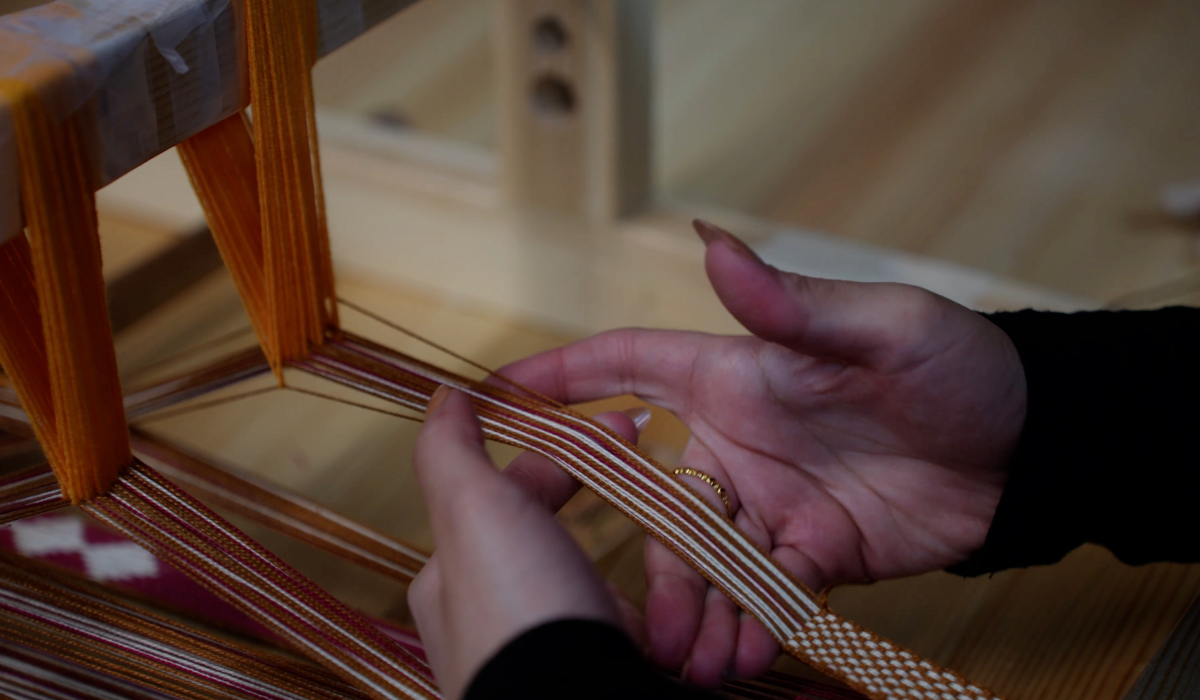
“The company not only supports its skilled local artisans but also equips them with the latest technologies to create their pieces blending heritage, tradition, and innovation.”
Al-Dulaijan told Arab News in a written statement: “Empowering local artisans and designers is a key element of the company’s operations. We have activated a strategic partnership with the Royal Institute of Traditional Arts, through which practical training is provided for artisans, offering them practical and profitable opportunities in the artisanal field.”
HIGHLIGHT
Saudi Artisanal Company’s strategic partnership with the Royal Institute of Traditional Arts provides practical training to artisans.
Part of the training includes extensive research on the history and cultural significance of various products.
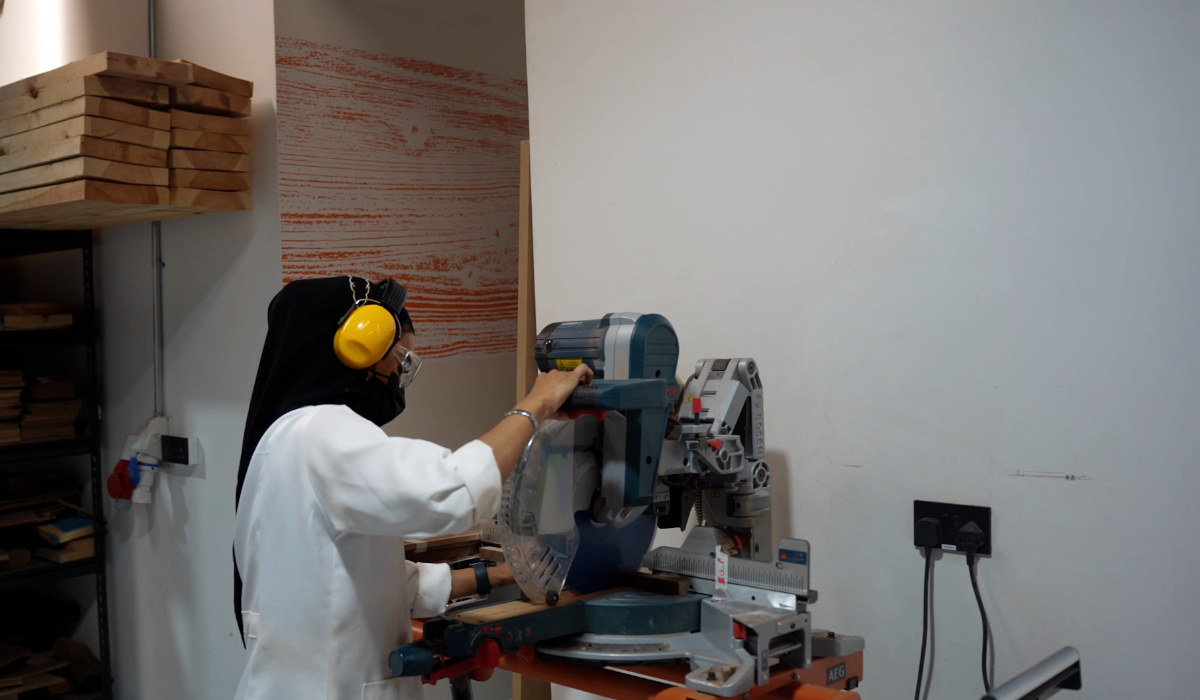
“The team believes in the importance of preserving heritage and reviving and empowering crafts approved by the Heritage Authority. This belief is reflected in the communication, implementation, and supervision processes with artisans and designers.” Al-Dulaijan added.
The resulting products “reflect genuine heritage” and “tell enriching stories,” he said.
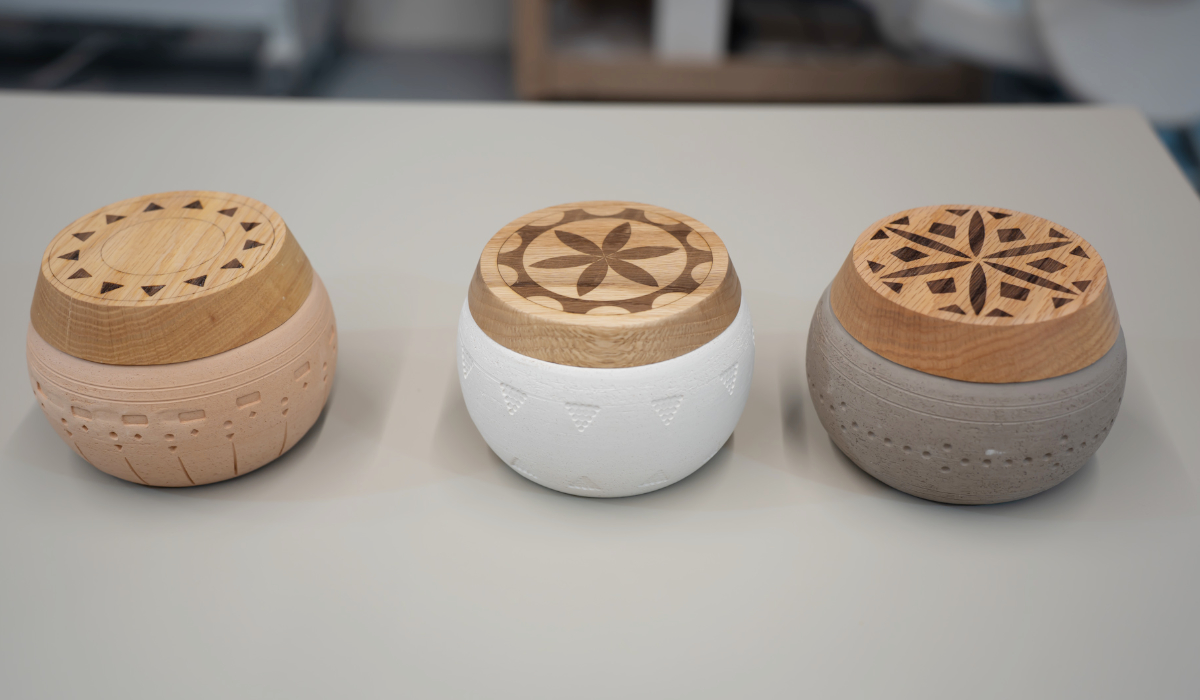
During a recent visit to the company’s studio in Riyadh’s JAX district, Arab News witnessed some of these skilled artisans at work. Each of them has dedicated years to perfecting their craft, whether working with wool, wicker, wood, plaster, or engraving.
Abeer Al-Rabiah, the product design manager at the company, spoke to Arab News about her background and approach to design.
We aim to enhance our culture, preserve our identity, and pass on our heritage to future generations.
Sadiq Al-Hajri, Artisan supervisor, Saudi Artisanal Company
Growing up in an artistic household, she was surrounded by art and design but also had a strong interest in science. Al-Rabiah felt torn between these passions until discovering industrial design, which combines elements of both.

She emphasized that product design is not just about creating beautiful objects but also about considering their functionality and manufacturability.
Al-Rabiah highlighted the responsibility designers have toward the environment, especially when creating products for mass production.
“Handmade products are a lot more sustainable and eco-friendly than products designed in factories,” she said. “This is the main thing that drew me into the crafts field — the materials used, usually natural materials. You’re not using an entire factory that’s producing a lot of toxins into the environment.

“We do a lot of research before making every product and try to connect our history, culture, and heritage into the design,” she added. “Every product that we make either has a story or a meaning that is related to our heritage and culture. The fact that the products are handmade by Saudi hands, with crafts that have been in the region for years, also connects it to our heritage.
“We try to highlight parts of our heritage that are kind of forgotten or not widely talked about. A good example would be our Khawlani coffee collection. The Arabian Peninsula had a Golden Age when coffee was produced here and sent throughout the entire world.”
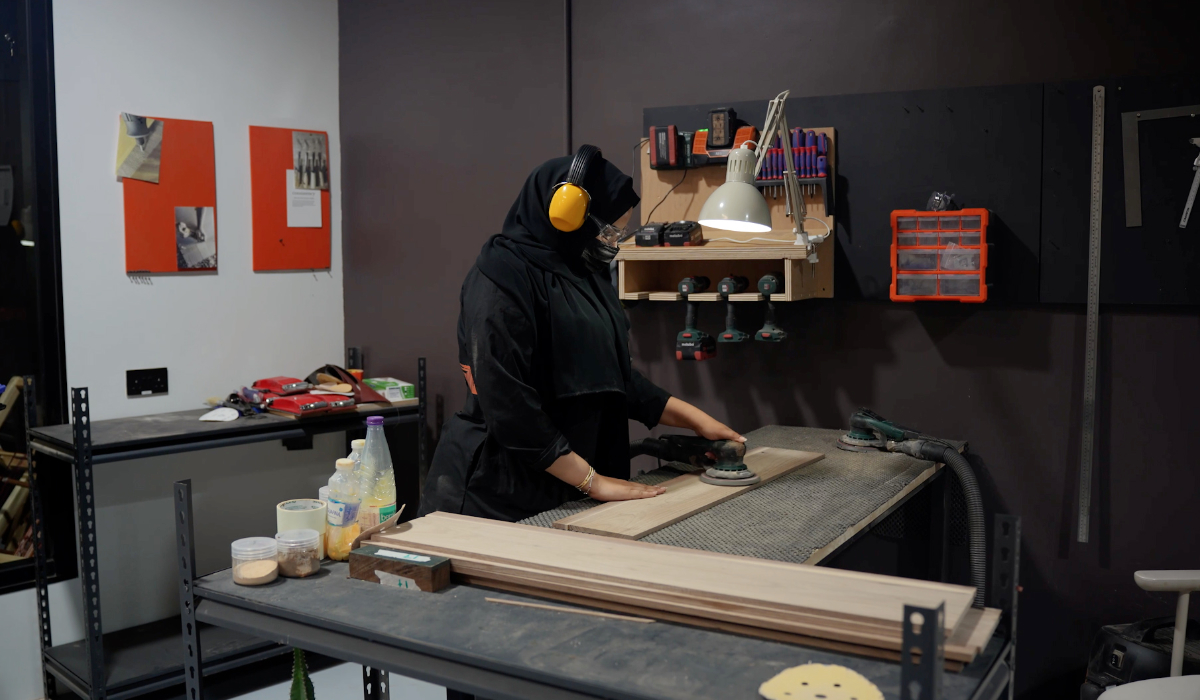
The collection is an award-winning piece that celebrates Saudi coffee. The 3D-modeled cover and hand-crafted wooden box reflect the mountainous terrains of the coffee-producing regions of the Kingdom, specifically Mount Talan.
Inside the box sit two porcelain coffee cups inspired by coffee fruits, along with coffee capsules filled with a blend of espresso and Saudi Khawlani coffee.

The Khawlani coffee collection won Best Luxury Item at the International Institute of Gastronomy, Culture, Arts and Tourism Awards earlier this year, while the dates bowls collection won Best Contemporary Interpretation and Design.
“It’s a global award that we’re very proud of,” Al-Rabiah added.
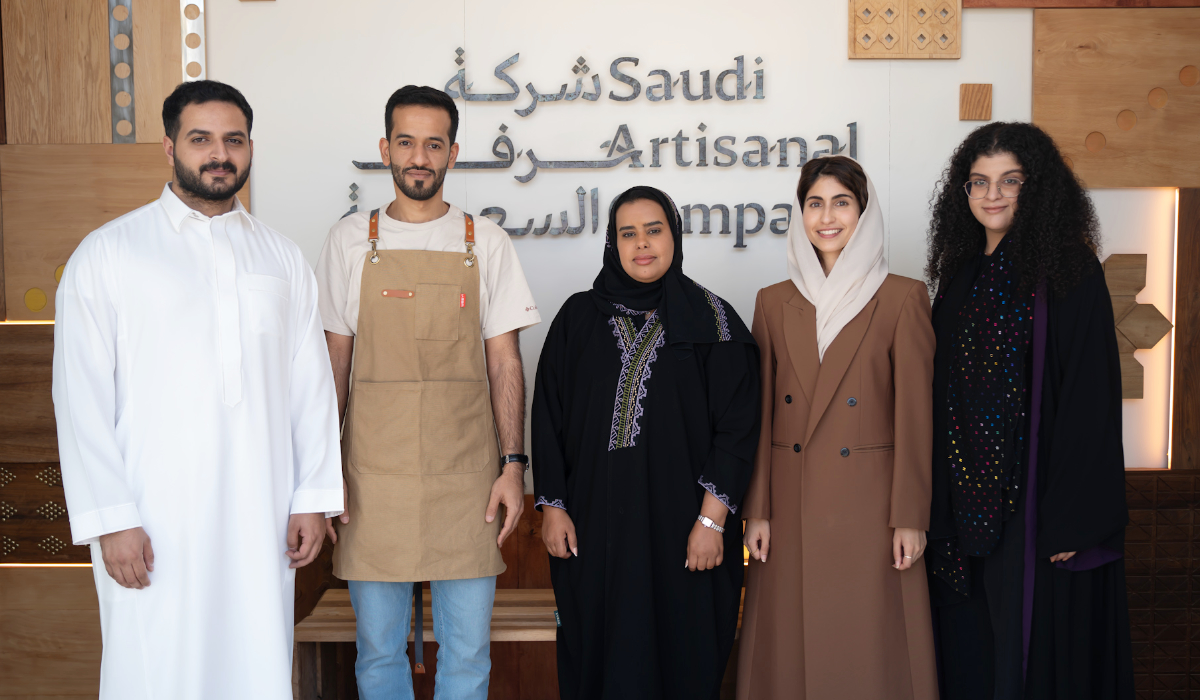
The SAC also has an online store offering more than 100 products, with local and international shipping options available.
“The company also participates in certain seasons and events. For example, we displayed artisans’ products during this year’s Hajj season,” Al-Dulaijan said. “Additionally, we’ll be opening stores in several cities in the Kingdom to serve citizens, residents, and tourists by providing high-quality artisanal products, supporting local products, and empowering local artisans and designers.”
Fatima Al-Thubyani, production unit manager at the company’s workshop, has eight years of experience in the field of handicrafts and an academic background in fashion design.
Al-Thubyani told Arab News, “To support the emerging generation, we use modern materials paired with traditional heritage patterns, creating contemporary and innovative outcomes. This approach integrates designers and artisans, providing sustainable job opportunities.”
The company invites artisans and designers from all over the Kingdom to collaborate, whether by showcasing their products on various sales platforms, participating in training programs, or working on business opportunities together. This mutual collaboration provides sustainable income sources for them and is, the company says, “pivotal in driving a significant transformation in the artisanal sector.”
Sadiq Al-Hajri, the artisan’s supervisor, who has more than 14 years of experience in the field, said: “We aim to enhance our culture, preserve our identity, and pass on our heritage to future generations. We strive to convey what our ancestors were, what we have added, and what the next generation will add.
“My interest in handicraft industries began at a young age, specifically with wood carving. Through workshops, I aim to demonstrate to artisans how an artisan as an artist differs from an artisan as a producer. We work to value artisans by providing the necessary tools to achieve outstanding work.”
The SAC has participated in numerous local and international events and exhibitions, such as the Artigiano in Fiera exhibition in Italy and the Benan exhibition in the Kingdom. International participation is a “significant focus” for the near future, according to Al-Dulaijan, in order to “introduce Saudi heritage to the world.”























